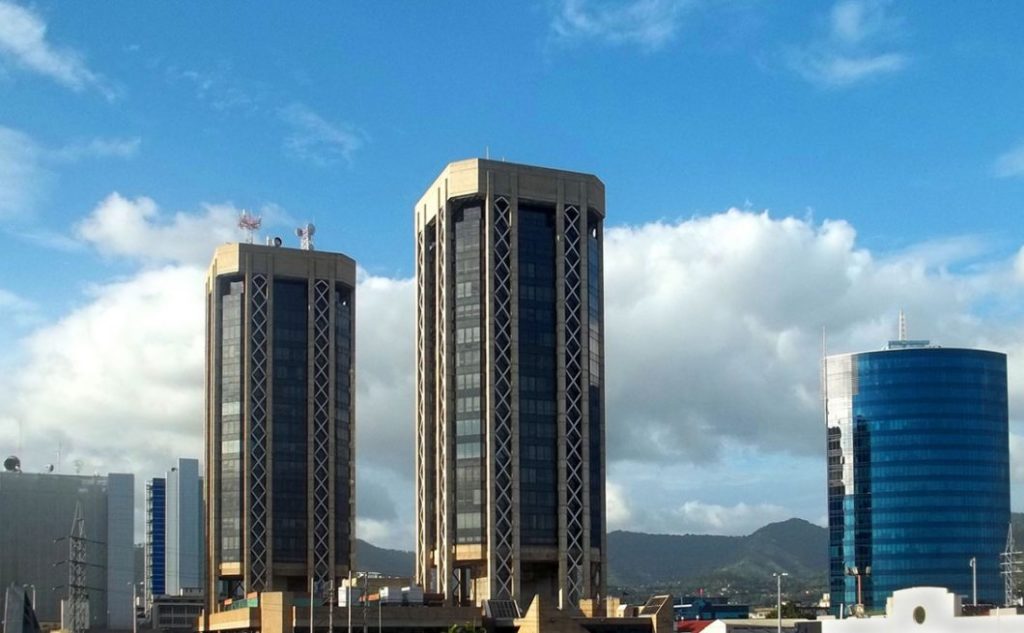
Interest rate policy and financial indicators point to ample liquidity and strengthening credit demand

Durrant Pate/Contributor
The Central Bank of Trinidad and Tobago (CBTT) has announced that it is maintaining the twin-island Caribbean Republic’s repo rate at 3.50 per cent.
While many central banks around the world like the banks of Jamaica and England, Federal Reserve, and European Central Bank have increased their key interest rates to dampen spiralling inflation, the CBTT has done the opposite in keeping rates firm. Last week, neighbouring Jamaica rose rates upwards of 50 bases points to 6.5 per cent, which is creating much bitterness among some private sector groupings such as the Jamaica Manufacturers and Exporters Association.
In its quarterly Monetary Policy Announcement, the CBTT points to a sharp increase in inflation, particularly the escalation in the price of food, which was a primary factor in its decision to maintain its 3.50 per cent repo rate. The T&T Central Bank cites headline inflation rising to 5.9 per cent (year-on-year) in July 2022, up from 4.9 per cent in June.
Financial system remains robust and healthy
The CBTT is highlighting that its interest rate policy, as well as financial indicators, point to ample liquidity and strengthening credit demand. T&T’s monetary authority advises that, “commercial banks’ excess reserves at the Central Bank amounted to US$4.4 billion in mid-September 2022″.
Credit to the private sector expanded by 6.6 per cent in July. This was driven by robust growth in business loans, a turnaround in consumer credit, and buoyant real estate mortgage lending.
On the business side, there were notable increases in loans for construction, manufacturing and distribution. The CBTT points out that the energy sector was hampered by declines in natural gas production and LNG refining, while non-energy growth was driven by strong performances in the manufacturing and transport and storage sub-sectors.
The monetary authority in T&T admitted that the global rise in interest rates is in fact affecting the country, saying the spillover to financial markets has been severe with tremendous volatility experienced in equity valuations and exchange rate pressures in several countries.
Domestically, Central Statistical Office (CSO) data point to a marginal decline in real GDP by per cent (year-on-year) in the first quarter of 2022. That marginal decline was as a result of energy sector output contracting by 5.1 per cent while non-energy GDP increased by 2.2 per cent.
The next Monetary Policy Announcement is scheduled for December 30, 2022.







Comments